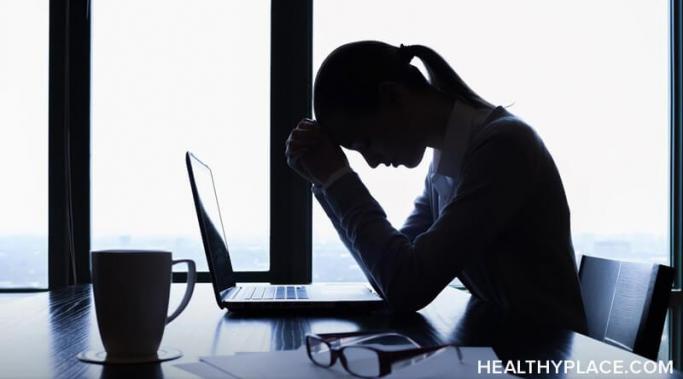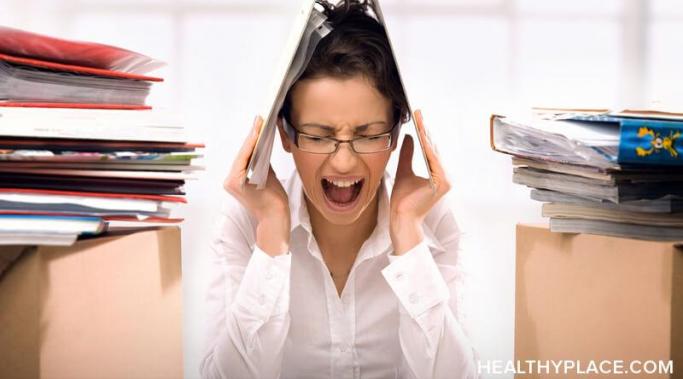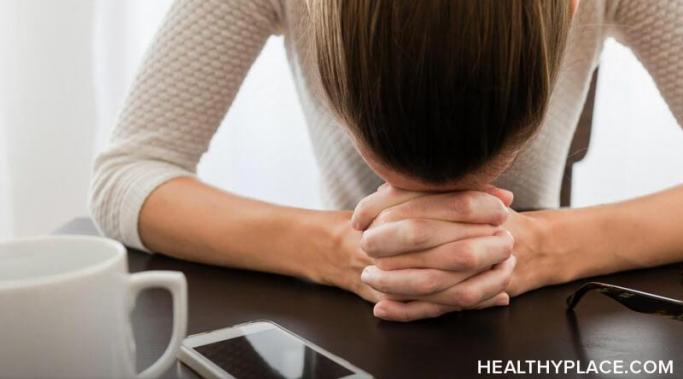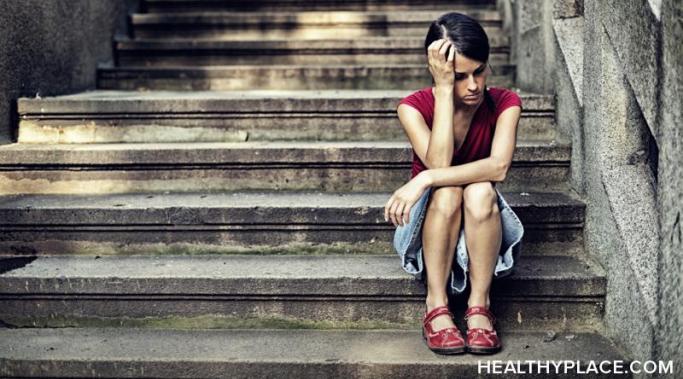One of the things I hear most often from students I work with is that it is hard for them to say "no" to others. It is something that I have also found difficult for my own anxiety, for fear that it can lead to conflict or upsetting someone. So, I will end up with more on my plate than intended, having a hard time managing my time and balancing responsibilities, and feeling anxious because I felt like I was being pulled in several different directions.
Treating Anxiety
Using technology can sometimes contribute to your anxiety. Have you ever wondered if your anxiety levels would be different -- such as whether you would experience more or less anxiety -- if your use of technology was different?
One of the things that will often trigger my anxiety is feeling as though there isn't enough time. Lately, I've taken on quite a few tasks. As a result, I've felt the pressure of feeling like there aren't enough hours in the day. When this happens, I start to notice that I feel irritable, that my thoughts race, I have a hard time sleeping, and I feel generally overwhelmed.
Racing, overwhelming thoughts are a common symptom of anxiety, and it can be difficult to deal with them when it feels like they’re spiraling out of control. I know that when I am anxious, I am overcome with anxious thoughts that I try to control but can’t. We often hear about or talk about strategies to control anxiety, including stopping negative thoughts or changing negative thoughts into positive ones. But what happens when you can't control your thoughts?
Struggling with anxiety means often experiencing symptoms unexpectedly, so compartmentalizing anxiety can help. Life does not stop when you experience anxiety. The day goes on, you still have to go to work, go to school, tend to your family, and all of this does not stop when you feel anxious. However, there are coping strategies you can use to help you manage chronic anxiety on a daily basis when you know that life goes on and it is important to focus on the present. During times that this has occurred for me, I have found that it has been helpful for me to compartmentalize my anxious thoughts and feelings.
How can having faith help anxiety? Let's talk about why having faith works, what faith is, how to have faith, and faith's effect on anxiety.
Dealing with chronic anxiety can be lonely when you feel like others don't understand what you go through. One of the challenges with this is that it can cause you to want to withdraw from others.
Anxiety can be paralyzing. I know that there have been many times when I have experienced anxiety that has stopped me in my tracks, and I have felt that it was physically impossible to move forward.
Staying positive is something that we all hear is important. But how does positive thinking help anxiety? I used to think about this quite a bit when I was younger and lacked the tools to manage my anxiety. I would often wonder how having a positive outlook and being optimistic could be helpful for me. I often thought that no one understood what I went through, that the worries that consumed me, and all of my racing thoughts, could not be put to rest simply by thinking positive thoughts.
I have talked a lot about using self-care as an important strategy for managing anxiety. And I'm sure you have read a lot about it and seen a lot about it on TV as well as on social media. We are constantly inundated every day with tips and strategies for self-care. But does self-care truly help anxiety?









